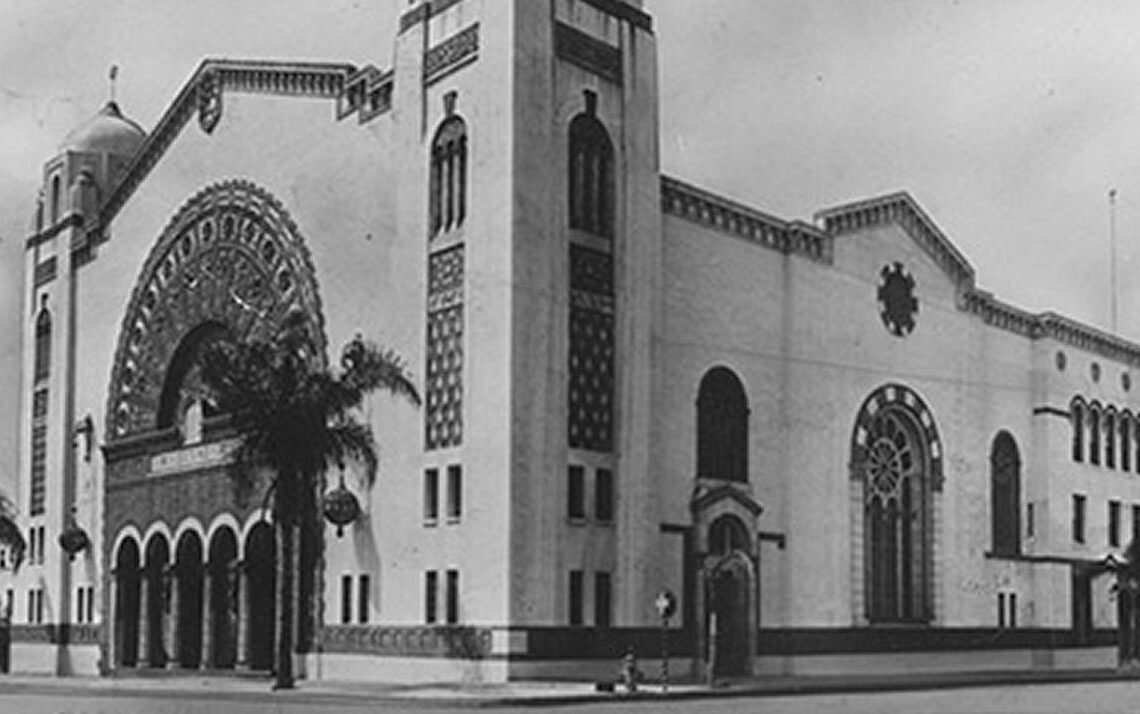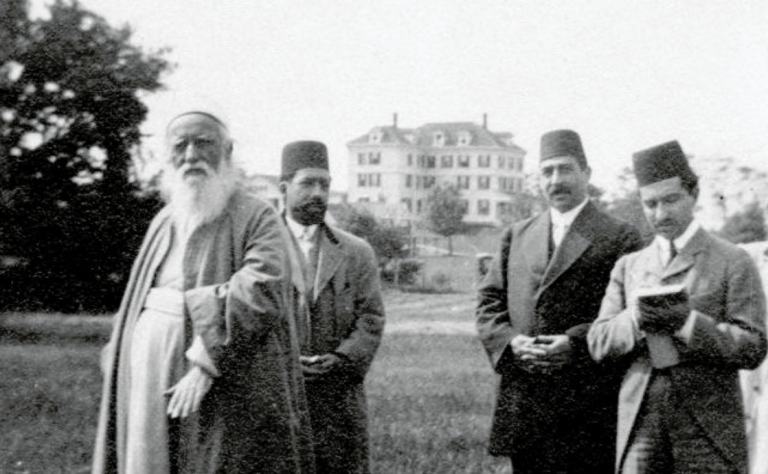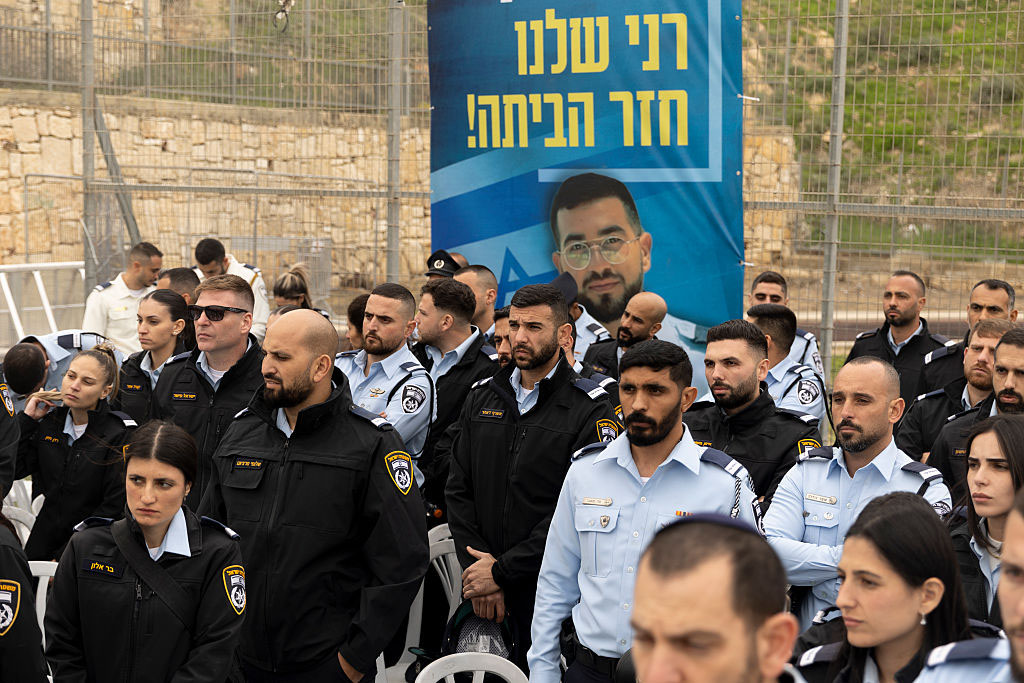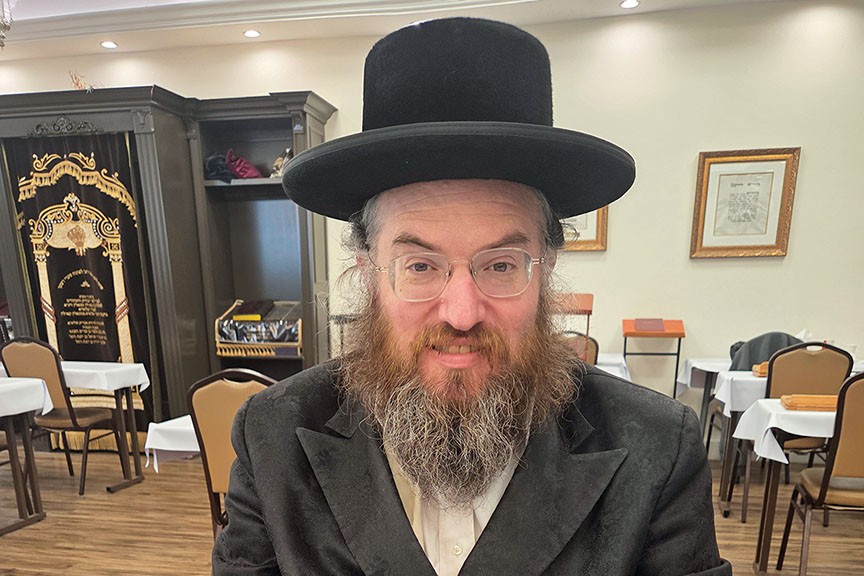(RNS) — As chaos has unfolded in Minneapolis over the past several days, culminating in the killing of Alex Pretti, conservative Christian commentators have naturally taken up the mantle of the real problem: what the women are posting on Instagram.
“On Instagram, it’s 2020 all over again,” Allie Beth Stuckey bemoaned on X. “Women, including many, many Christian women, are being completely duped by the anti-ICE propaganda.”
Stuckey, the author of “Toxic Empathy,” wants us to redirect our attention and our sympathy. Consequently, she has been on a tear of posting horrific, gut-wrenching stories of crimes committed by undocumented immigrants in the U.S. — children murdered, women raped — because she fears that the right is losing the “PR war.”
She seems especially distressed by the outrage that I have seen on my own social media feeds about the detaining of a 5-year-old boy in Minneapolis, Liam Conejo Ramos, calling the story a “debunked lie” and taking umbrage with Phil Vischer’s post below.
But Stuckey seems incapable of explaining what exactly about this case she finds to be a “lie.” Was a preschooler not detained? With his family, Liam legally sought asylum in this country in 2024. Multiple witnesses have attested to ICE agents refusing to allow the child to stay with his pregnant mother. This child is currently being held separately from his father at a detention facility in Dilley, Texas, where hundreds of children have been held beyond court-mandated limits and families have cited profound problems related to basic needs like access to safe food and water.
The “facts don’t care about your feelings” crowd seems to be actually quite focused on feelings right now and uninterested in facts (like that undocumented immigrants are arrested at less than half the rate of native-born U.S. citizens for violent and drug crimes or that as immigration rates have increased within the U.S. over the past 40 years, crime rates have decreased). But the feelings they are focused on are their own.
“More stories and images showing the professionalism and compassion of ICE and border patrol,” as Stuckey calls for, sounds suspiciously like a ploy to help the women of Instagram put themselves in the position of these agents. Empathy strikes again!
I don’t believe that Stuckey thinks all empathy is toxic — she’d simply like to decide who is worthy of our empathy and direct us accordingly. It should be no surprise that this mindset stems back to a reading of Scripture that is filtered through the lens of Christian nationalism.
As Brad Onishi recently pointed out, one of the founders of Cities Church in Minneapolis (the site of a protest against one of its elders, an acting ICE field office director) is Joe Rigney, a Doug Wilson acolyte and author of the eyebrow-raising title “The Sin of Empathy.” I have read “The Sin of Empathy” so you do not have to (a mercifully short book, and one I did not pay to consume).
Rigney defines empathy as distinct from sympathy, claiming sympathy means to “suffer with” and empathy means to “suffer in.” What this distinction means practically, as far as I can gather, is that when this conservative pastor wants to extend compassion on someone, it’s sympathy, and when a leftist wants to extend compassion on someone, it’s empathy.
He begins his argument against empathy by acknowledging that compassion is of God (because, you get the sense, he feels he has to). With that out of the way, he immediately turns to a passage in Deuteronomy to support his position that Christians are “forbidden to show pity or compassion on those who would entice us to idolatry.”
I’m less interested in Rigney’s interpretation of this specific passage (though it’s a doozy) than I am in the fact that he is appealing to an Old Testament law as something that should serve as the practice for Christians today. This is indicative of the way Rigney understands Christianity: It is a belief system to be implemented ideally through the American government, a set of laws to be followed.
Imitating Christ is less appealing for the Christian nationalist than putting yourself directly in the place of God. Rigney cites Ezekiel 7:4 (“My eye will not spare you, nor will I have pity, but I will punish you for your ways, while your abominations are in your midst. Then you will know that I am the Lord”), as an example of exactly the kind of God-like behavior we should strive to inculcate within ourselves. Through the lens of Christian nationalism, you get to be the arbiter of who deserves what — you decide what God’s compassion ought to look like.
It’s more fun to dole out punishment than to serve the least of these, I guess.
However, what I found particularly striking about Rigney’s argument is how unmoored from reality it is. I mean that in the most literal sense. The examples he gives of how the “sin of empathy” manifests itself fall generally into these categories:
- the flimsiest straw-man arguments imaginable (for example, having empathy on a person who is drowning would be to jump in the water and drown with them, whereas having compassion on someone would be to save them — obviously, no one is out here saying this is what empathy calls us to do)
- fictional characters (Rigney spends an entire chapter on characters in C.S. Lewis’ “The Great Divorce”)
- vague wokeness (doctors trying to medically transition children, women defending adult men using the locker rooms of middle-school girls, etc.)
- scenarios he’s made up in his head, like this direct quote: “A meeting is called to hear from victims of domestic abuse. You listen with compassion as women tell stories of violence and assault, of manipulation and oppression. But then a proposal is made to form a task force to address the issue. You have questions. What will the scope of the task force be? Who will they report to? What kind of authority will they have? Again, the mood shifts. ‘Why are you opposing efforts to address abuse? Why are you not honoring victims and their stories?’”
In an interview with Premier Christianity upon the release of “The Sin of Empathy,” Rigney offered that one area empathy has been a problem in the local church is when women come to pastors alleging they’ve been abused.
“Obviously this is a serious thing, but what are you supposed to do in that moment? For a time, at least, the counsel from big ministries and large Christian groups was, ‘Believe all women.’ Why?” he asked.
The interviewer offers some pushback about how statistically rare false accusations of abuse are.
“I think that was the claim,” Rigney says dismissively, before accusing women of frequently exaggerating their claims and advocating for pastors to tell women who are claiming to be abused by their husbands that they should call the police and then speak to their husbands. “I need to hear both sides,” he explained.

The crux of the problem for Rigney, as it seems to be for Stuckey, is women.
“Women are more empathetic than men,” Rigney states as fact. “The same impulse that leads a woman to move toward the hurting with comfort and welcome becomes a major liability when it comes to guarding the doctrine and worship of the church.”
It’s always the women — the women in the churches, the women on Instagram, the women who find that stories of children taken by ICE “chip away at their conscience,” in Stuckey’s words (as cited in Madeline Peltz’s recent piece).
The solution? “We are equally made in God’s image, yes, but men are the head, and women are the glory,” Rigney writes (being the “glory” doesn’t seem especially fun in his construction of the world, I have to say). “From this happy embrace of reality, we can then apply the steady pressure necessary to not only remove the feminist infection from our churches, but also to commend God’s design for men and women to a rebellious and confused world.”
To real men (and presumably not to Alex Pretti, whose final act was to help a woman who had been pepper-sprayed and pushed to the ground), Rigney admonishes the following:
“Develop the kind of Christian fortitude that will enable you to endure the hurt feelings of priestesses and lady pastors, as well as the agitation and pressure of the nice guys. Cultivate the moral strength and stamina to resist the inevitable emotional sabotage and manipulation while offering true care and compassion.”
Empathy, for those who deserve it.
When it comes to Stuckey’s plea to help encourage more empathy for ICE, I’ve been interested to note she’s been met with barely disguised disdain from many of her fellow conservatives. Joel Berry, the managing editor of the “Babylon Bee,” had this to say:
“We need to roll in with the military and crush these Leftist terrorists,” Berry argues. “We need to defeat and demoralize them and show the country what justice and rule of law looks like.”
As usual, he gives the game away — the goal for Christians of Berry and Stuckey’s ilk isn’t to do justice and love mercy, it’s to seize power through the state. It’s to crush and defeat and demoralize. It’s to remake the world in the image of their God.
Self-proclaimed Christian nationalist pastor Joel Webbon didn’t even do Stuckey the dignity of as much of a response as Berry did, devolving instead into some additional and predictable misogyny:
“This is why women should not be in politics,” Webbon wrote, re-posting Stuckey. “Now is not the time for gentleness.”
I do not know what it is like to have Stuckey’s platform and reach, nor do I know what it is like to be attacked from all sides like I know she is. I offer her my empathy; I don’t know if she’d want it. My faith enables me to imagine a world that is better — filled with more grace and forgiveness and genuine love. I can’t live in a state of apathy.
On a final note, I would venture to guess Joe Rigney and I do not agree on much, but we do agree on something very critical: apathy kills our witness as Christians. To not care is to lose a part of ourselves, to lose God in us.
“The apathetic are numb to the pain of others, standing aloof, detached, and unmoved by their suffering,” he writes. “Instead of opening our hearts to those in distress, we might close them, and thus demonstrate that the love of God is not in us.”
Where do you see the love of God today?
(Elena Trueba writes about the intersection of religion and politics on her Substack, “Unholy Alliances,” where this post was originally published. Republished with permission. The opinions expressed in this commentary do not necessarily reflect those of Religion News Service.)
 What is faith? If you ask people, you’ll get different answers depending on experience, age, belief, and knowledge. Essentially, faith means confidence in your own system of beliefs. Through faith,...
What is faith? If you ask people, you’ll get different answers depending on experience, age, belief, and knowledge. Essentially, faith means confidence in your own system of beliefs. Through faith,... If we’re a people of stories, and stories bond our community, it’s only fair that we include those stories that are closest to us. Sinai Temple has given us a model.
If we’re a people of stories, and stories bond our community, it’s only fair that we include those stories that are closest to us. Sinai Temple has given us a model.

 We are here by virtue of generations of Jews who, against all odds, made that jump.
We are here by virtue of generations of Jews who, against all odds, made that jump.  The Stoliner dynasty is about 250 years old, and one of the oldest Chassidic dynasties.
The Stoliner dynasty is about 250 years old, and one of the oldest Chassidic dynasties.